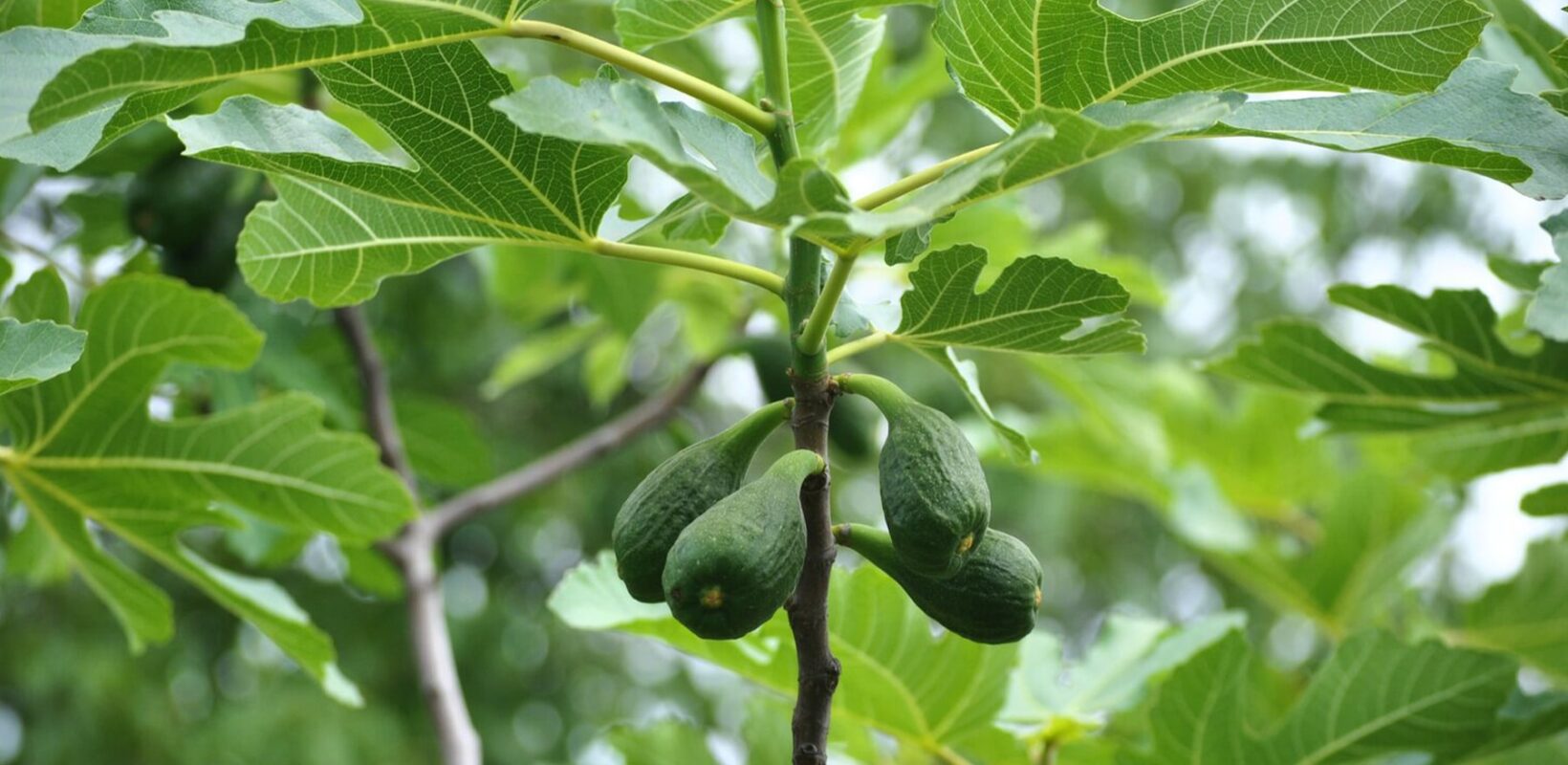
Update: study of the agricultural sector in Latin America
Kumi was commissioned by the Organisation for Economic Co-operation and Development (OECD) to undertake a study of the agricultural sector in Latin America. The study was developed as part of the responsible business conduct in Latin America and the Caribbean project (RBCLAC) launched in 2019 by the OECD jointly with the International Labour Organisation (ILO), the Office of the United Nations High Commissioner for Human Rights (OHCHR) and the European Union (EU).
In the course of the last three decades, Latin America has positioned itself as one of the world’s major producers and exporters of agricultural commodities. The agricultural sector has created significant livelihood opportunities for workers, provided food security to both rural and urban populations and has strengthened the output and productivity levels in many producing countries through increased investments in commercial crops and inputs such as genetically-modified seeds and agro-chemicals. However, such advances have also exacerbated many environmental and social risks in business operations and supply chains for companies operating in the region. The aim of this project was to identify and analyse the most salient risks associated with the production of some of the main commodities produced and exported across seven countries: Argentina, Brazil, Chile, Colombia, Costa Rica, Mexico and Peru. Some of the key commodities identified included coffee, beef, fruit and vegetables, soybeans and sugarcane.
Environmental and social risks identified in Latin American agricultural supply chains
Risks identified included issues associated with labour rights (such as poor contractual agreements, low levels of collective bargaining and child labour), the health and safety (such as the impacts of hazardous agro-chemicals on workers and local communities), as well as the environment (such as challenges related to deforestation, greenhouse gases emissions and climate change). Our analysis also recognised that broader systemic challenges impact on businesses operating in the region, and consequently heighten their exposure to social and environmental risks. Some of these challenges include issues associated with illegal land acquisition, weak land tenure systems, exclusion and discrimination of indigenous peoples and governance and corruption.
The final report, due to be published in the coming months, will present findings and recommendations for both companies and governments in the region to advance responsible business conduct in the sector.
If you would like to know more about how Kumi can support companies operating or investing in agricultural supply chains, please get in touch.

